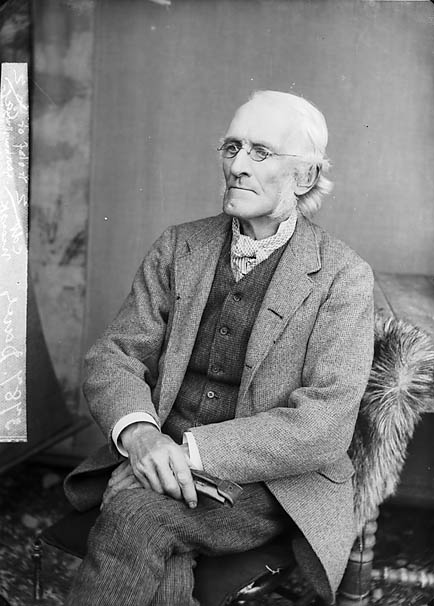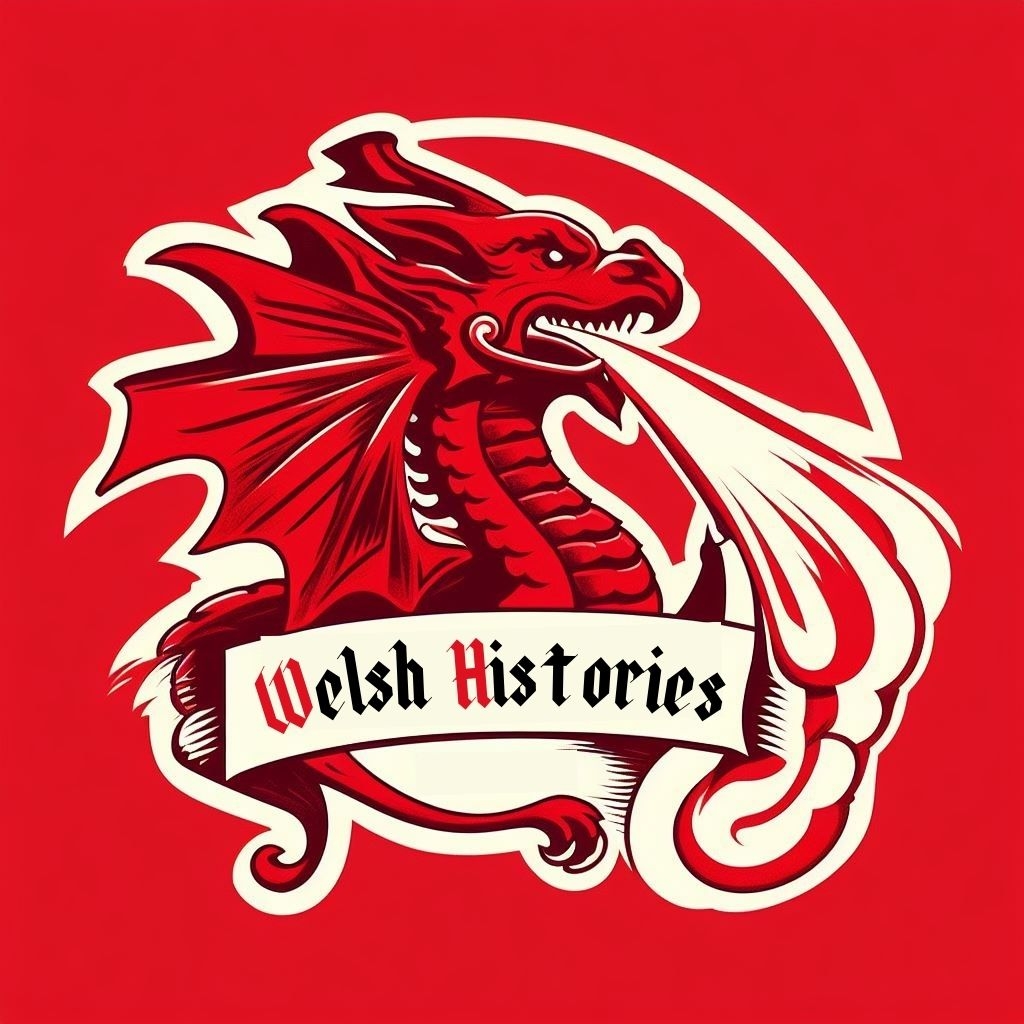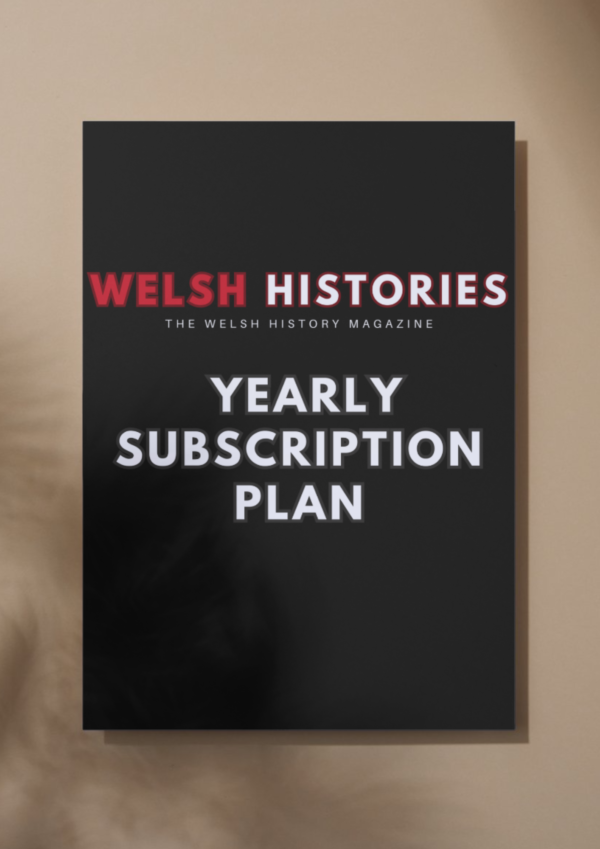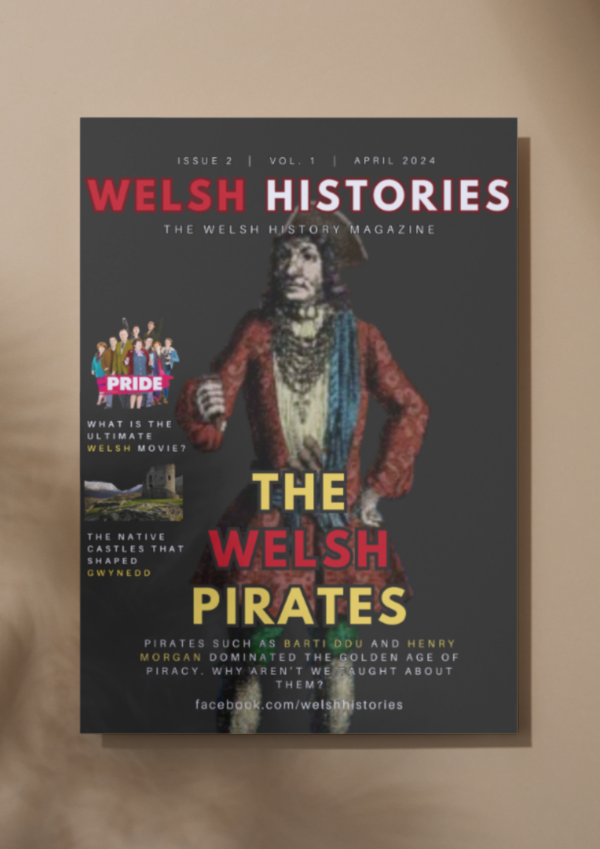Your basket is currently empty!
I Discovered This Story About the Last Old Candle Maker—What Happened to the Craft?
Did you know that the art of candle making by a specific candle maker has been a time-honoured craft for centuries in Wales? It was used in both domestic day-to-day lives of people, as well as in the local industry.
Unfortunately, the introduction of machinery in the 19th century dramatically changed this age-old tradition.
I recently found a captivating photograph from the John Thomas 19th century collection, titled “The Last of the Old Candle Makers (Davies),” which offers a glimpse into this significant moment in history.
Taken in 1885, it captures the essence of an era where craftsmanship was at risk of being overshadowed by industrialization.
The photograph is titled “the Last of the Old Candle Makers (Davies)” and was taken in the year 1885. For centuries and even millennia, candle making was a relatively unchanged art – as well as a big business if you happened to be good at it.
If you were a candle maker, you had your craft and you worked at it for most of your life.

This changed drastically in the 19th century, however.
In the year 1834, Joseph Morgan, a pewterer (meaning someone who makes pewter utensils) of Manchester patented a machine which would reshape candle making.
This machine could continuously produce molded candles at a pace of around 1,500 candles per hour.
Whilst the claimed intention was to make candles more affordable to those less well off (which it did), it also drove many old candle makers, such as the man in the photograph, out of business.
This photo, therefore, truly captures the expression of the “last of the old candle makers”.
Share us your thoughts on [email protected]
-
(UK ONLY) YEARLY Subscription Welsh Histories Magazine
£79.99 -
(US & CAN ONLY) YEARLY Subscription Welsh Histories Magazine
£129.99 -
DIGITAL COPY Welsh Histories Magazine – April 2024
Original price was: £2.99.£1.99Current price is: £1.99.
More from Welsh Histories
Welsh Histories is a Welsh history celebrating platform which looks to promote all aspects of Welsh history. Though we focus predominantly on native Welsh history, we do also share the non-native aspects from time to time. You can follow us on Facebook; Instagram or Twitter for more. A reader? We also have our very own Welsh Histories Shop where we sell our Welsh Histories Magazine. Diolch yn fawr iawn and keep enjoying Welsh Histories.
Sally is a proud wife of a Welshman, editor & writer of Welsh Histories. She’s all about stories—that shout ‘anything Welsh.’ Drop her an email if you have an advice, insight, experience, or a story to share.


